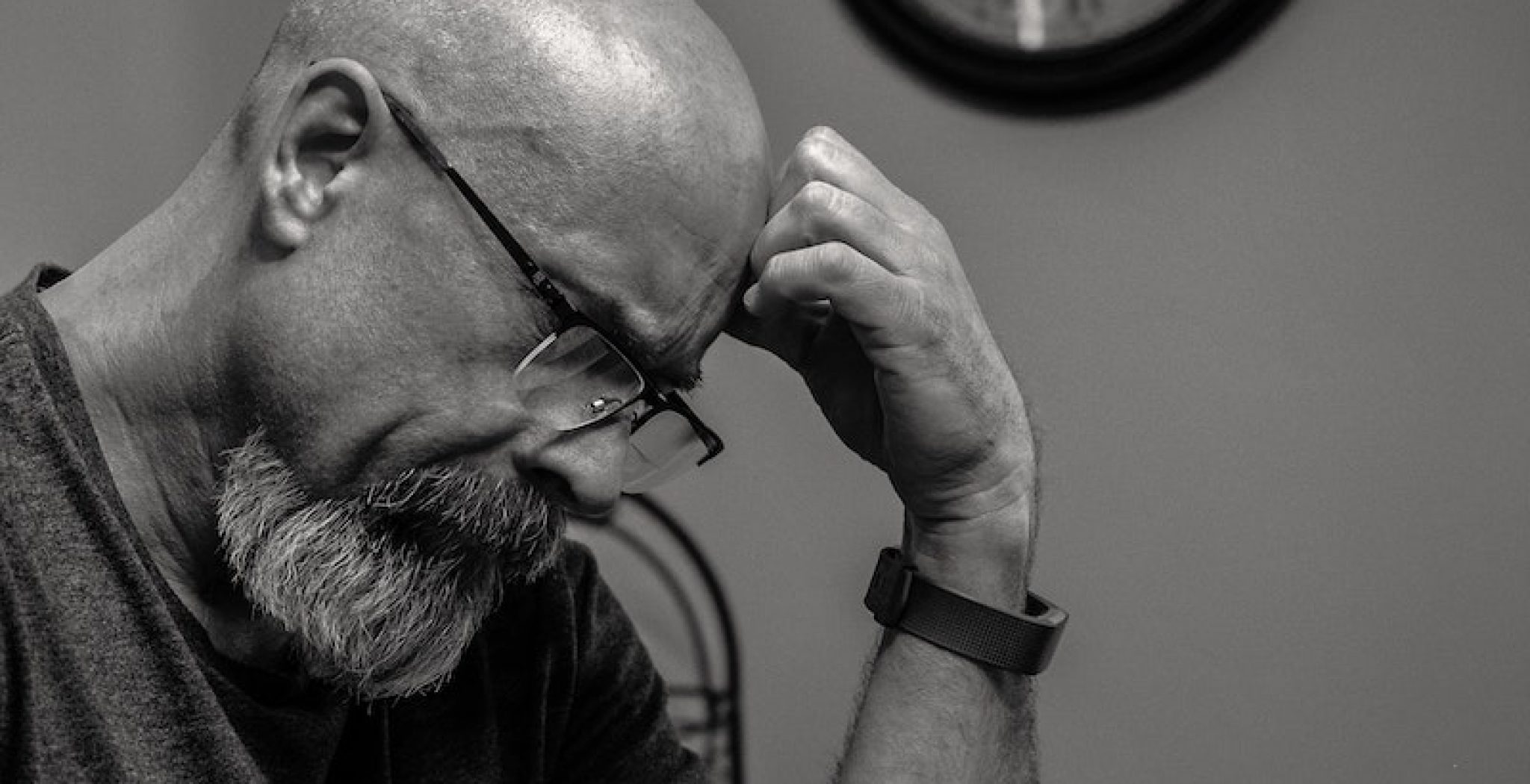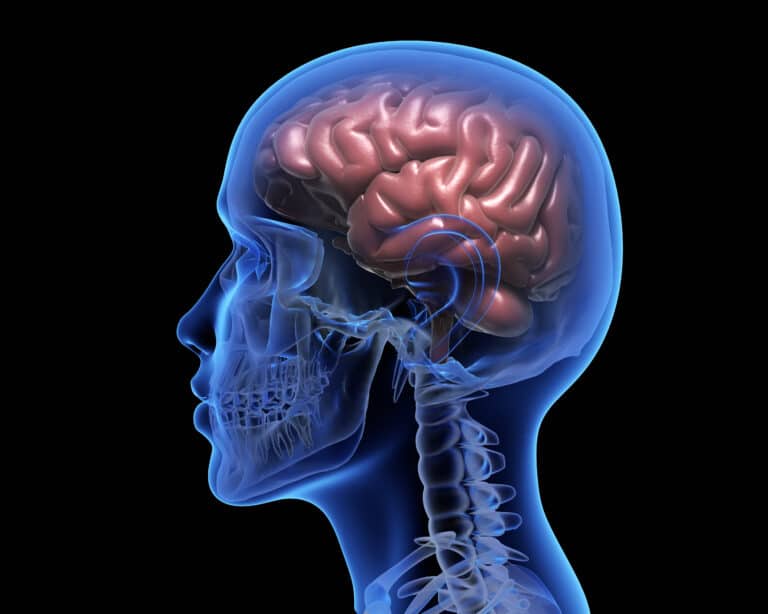In the last year, obsessive-compulsive disorder (OCD) has affected approximately 1.2% of US adults. One of the symptoms of OCD that are not talked about as much includes false memories.
False memories are more common than you may think and can be triggered by various factors. For example, imagine you witness a car accident as an adult.
As the years go on, the memory of this event will become less clear and detailed until it is barely recognizable to you. However, suppose someone asks about your recollection of the incident just before or after they ask about some other unrelated event that happened at around the same time. In that case, you might falsely remember details from one occasion to answer their questions better.
This phenomenon is called “misattribution,” and it’s not uncommon for people with OCD (false memory OCD) to experience these types of false memories without even realizing what happened.
If this sounds like something you’ve experienced or believe you might be experiencing, the first step is to visit your doctor for a consultation. To learn more about false memory OCD, continue reading.
What is False Memory OCD?
False memory OCD is a subtype of obsessive-compulsive disorder (OCD) characterized by intrusive or obsessive thoughts around a memory or event that is not true and never actually happened. It is not a separate diagnosis from OCD.
These fabricated events can cause intense distress for the individual, making their obsessions worse.
It is possible to have one false memory that is highly focused on, or it may be possible to have multiple false memories occurring at once.
False memories can persist for several months or even years before they fade. They usually last for a relatively short time, such as a few weeks, and then pass: the false memory that has passed is generally replaced by a new false one, so the cycle continues.
False memories can lead to self-doubt of important information or memory performance itself. It can also cause you to fill in gaps of memories with newly fabricated ones that are bad.
Examples of Obsessive Thoughts
Some examples of obsessive thoughts and false memories include:
- Do I do this adverse action?
- Did I accidentally say something?
- Did I interrupt someone when they talked?
More extreme examples include:
- Did the person I had sex with consent to it?
- Did I steal this item from the store?
- When my sister broke her arm, was I the one that pushed her?
- Did I touch my coworker inappropriately? Did I sexually harass them?
Examples of Compulsive Behaviors
An individual with false memory OCD will commonly review their behaviors or doubts. For example, if you are obsessive about knowing whether or not you paid the bill after eating at a restaurant, you will continue to play out every step of that event.
You might wonder whether or not u=you used debit or credit or wonder if the waiter said something to you as you left.
People also tend to seek reassurance from other individuals. They will ask people questions about the event to make sure things happened the way they think they did.
Another symptom is confessing. People with false memory OCD will admit to an action they feel guilty about. Their confession is always accurate, but they will admit to it regardless.
To ease their anxiety, someone may act on guilt for what they may have done. A person who is convinced forgot to pay at a restaurant may decide that it’s best not to visit that restaurant again for fear of being publicly identified as a thief.
Treatment for False Memory OCD
It may be hard to pinpoint since false memory OCD isn’t traditionally associated with OCD.
A person with this subtype may believe their memories are real, not part of the symptoms of obsessive-compulsive disorder to be with. However, the experienced mental health professionals at Southern California Sunrise mental health will help make an accurate diagnosis.
To learn more about OCD treatment, contact us today at (949) 284-7325.






